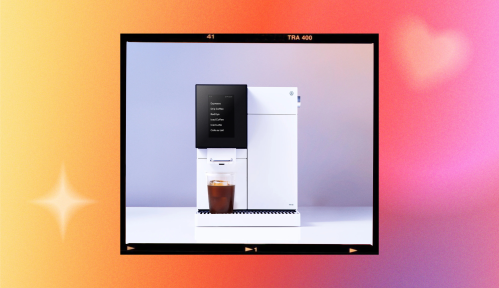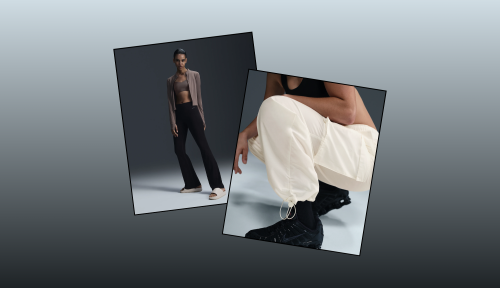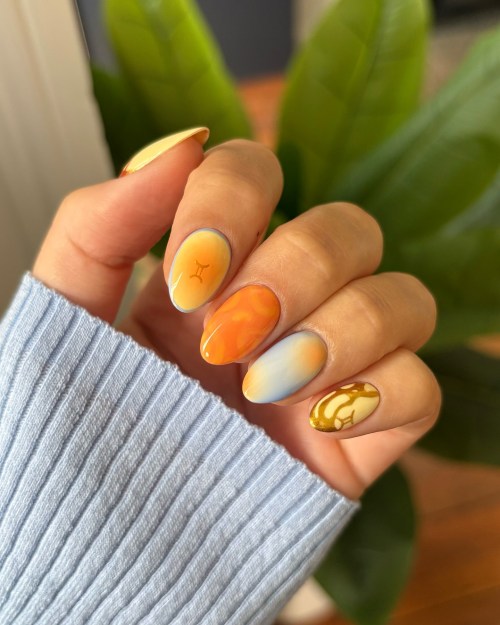Our editors independently select these products. Making a purchase through our links may earn Well+Good a commission
If sunny summer days make you want to hide under the covers, blast some Lana Del Rey, and snap at anyone who bothers you, you don’t need to feel alone. The summertime blues, or, in more extreme cases, summer Seasonal Affective Disorder (SAD), are a very real thing.
Experts in This Article
professor of psychiatry at Georgetown University and a leading expert in Seasonal Affective Disorder (SAD)
“Hippocrates long, long ago said, there’s some people who are well- or ill-adapted to winter, and others who are well- or ill-adapted to summer, and the old guy was right,” says psychiatrist Norman E. Rosenthal, MD, a Georgetown University professor of psychiatry and a lead researcher of the first published scientific literature about SAD in the 1980s. “For folks with summer SAD, we don’t know what the exact abnormality is, but for some reason they feel worse than most other people during the hot, long summer days.”
“Hippocrates long, long ago said, there’s some people who are well- or ill-adapted to winter, and others who are well- or ill-adapted to summer, and the old guy was right.” —Norman E. Rosenthal, MD
While Dr. Rosenthal notes that there is not as much research about summer SAD as there is winter SAD, he and others have a few theories, which he expands on in a summertime SAD chapter in his new book, Defeating SAD (Seasonal Affective Disorder): A Guide to Health and Happiness Through All Seasons.
Just like a lack of exposure to light can cause a depressed mood in the winter, an overexposure to light in the summer could cause in some people a state of agitation. He likens it to the feeling of having too much coffee: The stimulant (light or coffee) makes you feel good up to a point, but then it can backfire. At the same time, heat—and for one third of the country right now, climate change-fueled extreme heat—can further put your body under stress and make you feel uncomfortable.
The combination of being physically too hot and getting too much light exposure is what Dr. Rosenthal thinks leads to summertime SAD.
“What happens is your body is beginning to feel very exhausted and depleted, but your brain isn’t turning off,” Dr. Rosenthal says. “People have got a combination of being depleted by the heat, lacking in energy, lacking in drive, lacking in ‘oomph,’ at the same time as they’ve got this kind of not very pleasant activation by the long, very bright light days. So they’ve got what we call an agitated depression.”
Agitated depression is of particular concern for mental health professionals, since this state of depression, as opposed to a more lethargic one, can result in people acting on impulses to self-harm.
That’s even more reason to take summertime SAD seriously, beyond a human recognition that not all people thrive or suffer under the same conditions.
Luckily, there are some steps you can take to alleviate this depression, with the first and most important one being a recognition that your feelings are real, and that your biology may be to blame “Once you understand what’s going on, then you can at least manipulate your environment to try and combat the things that are causing you to be depressed or sluggish or agitated,” Dr. Rosenthal says.
How to combat summertime SAD
1. Cool down
The first step is trying to beat the heat. Don’t be shy about using your air conditioning. And try getting access to some cool water for bathing, like a bath, river, lake, ocean, or pool.
“Nobody’s done a systematic study to say what’s gonna make them feel better, but I’ve had many, many patients now that say if they stay cool, if they have cold baths, cold showers, if they’re lucky enough to get up to some cold lakes and swim there, that this is really, really good for them,” says Dr. Rosenthal.
2. Reduce light exposure
Make like a celeb at an awards show and wear those sunglasses inside. Okay, you don’t really have to do that. But wearing sunglasses outside (and even inside if you are game), wearing blue light–blocking glasses, and drawing the shades in your home could reduce that agitating dose of extra light.
3. Change your scenery
Places like Europe and tropical beaches are popular summer vacation destinations, but if you know you get depressed during the summer, consider planning your vacations to cooler climates instead for some relief. A more extreme version of this is to opt for living in a more northern, temperate environment over a more southern, warmer one.
4. Seek professional help
Work with a therapist to address your mental health. Dr. Rosenthal suggests that cognitive behavioral therapy can be effective in treating SAD. You can also use medication to both alleviate, and prepare for symptoms. For example, if antidepressants are right for you, plan to speak with your doctor about this in the spring time so they have time to take effect before the summer rolls around.
“Recognize that it’s an entity and that it’s not your fault and that it’s something to do with your biology,” Dr. Rosenthal says. “And also, that there are ways to treat it.”
Sign Up for Our Daily Newsletter
Get all the latest in wellness, trends, food, fitness, beauty, and more delivered right to your inbox.
Got it, you've been added to our email list.











